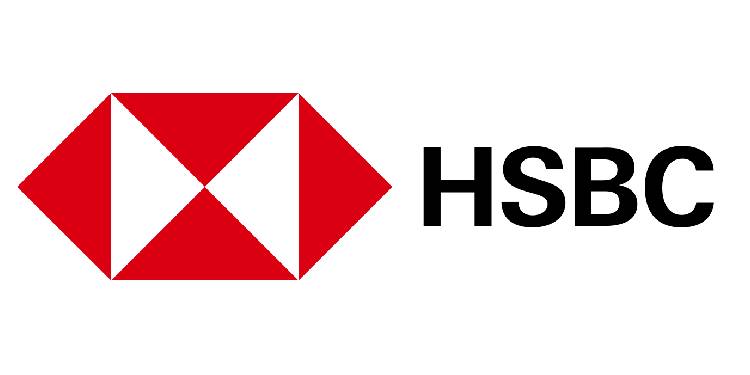MUMBAI: Rich Indian entrepreneurs are spending their wealth on luxury residences, goods and experiences as they remain optimistic about their business prospects in the home market and believe that their personal wealth will grow, despite geopolitical uncertainty and global macroeconomic headwinds, HSBC’s Global Entrepreneurial Wealth Report 2024 reveals.
HSBC’s Global Entrepreneurial Wealth Report 2024 looks to provide an insight into the attitudes of wealthy business owners around the world, including spending, investing and earning habits of India’s High Net Worth and Ultra High Net Worth business owners.
India’s entrepreneurs (98%) are the most optimistic across all the markets surveyed about their business prospects and believe their personal wealth will grow thanks to technological advancements, the current performance of their businesses, future opportunities, consumer trends, their abilities as a business owner and performance of investment portfolios.
The report shows that rich Indian entrepreneurs appreciate luxurious lifestyle and are not shying away from indulging, though improving the situation of their families is a top motivator. Six out of ten (61%) Indian wealthy business owners allocate personal wealth to real estate for their own use compared to one in two globally (51%). They are more likely to spend money on luxury goods (56%), compared to a global average of 40% and luxury experiences (44%), compared to a global average of 35%. They are less likely to spend money on art or collectibles (14%) compared to 25% globally.
Wealthy Indian entrepreneurs use their wealth predominantly for investment. More than eight out of ten (82%) of India’s rich business owners are investing in stocks, bonds and real estate – the highest percentage amongst business owners in ten international markets, the report reveals.
The Indian market remains an attractive place to do business for the nation’s entrepreneurs with 75% of them operating domestically. One in three (32%) are not considering doing business in other markets in the next 12 months. Singapore, UAE, the UK and the US are the most popular markets to conduct business in the next 12 months.
They select unemployment, corruption, inflation and taxation as their biggest worries. However, three out of four (75%) feel supported by the government and 86% believe that society values business owners – the highest percentage globally (jointly with UAE).
Sandeep Batra, Head of Wealth and Personal Banking, HSBC India, said, “The surge in the Indian stock market, strong macroeconomic fundamentals and the rise in the number of India’s ultra-high net worth individuals are enabling the wealthy Indian business owners to remain optimistic and turn into big spenders. Besides focusing on investment and spending, Indian entrepreneurs value connections, networks, mentorship and seek to make a positive contribution to society.”
Key findings about India’s entrepreneurs include:
Succession: Nearly nine of out of ten (88%) agree they want to keep their business in the family to preserve its legacy. Nine out of ten agree that they trust the next generation to maintain their values and culture, but nearly one in two (47%) have not yet made succession plans and a similar percentage (48%) worry about finding a suitable successor.
Global Mobility: They are globally mobile and six out of ten (61%) are considering a personal move in the next 12 months, with Singapore, the UAE and the US the most popular destinations. Two in three (64%) are considering moving personal wealth in the next 12 months, with Singapore and UAE the most popular destinations.
Motivations: The primary purpose of their wealth is to improve their personal and family health and to ensure financial freedom. Enjoying a luxury lifestyle is cited by 44%, compared to a global average of 32%. However, they also have a strong sense of duty and nine out of ten (92%) agree that they take action to make a positive impact on society.
Characteristics: Nearly six out of ten (58%) say they are not currently thinking about or planning to exit their business, higher than the global average of 49%, and that figure increases to 72% for first generation entrepreneurs. More than four in ten (44%) are serial entrepreneurs, the second highest percentage in any of the markets surveyed.
















